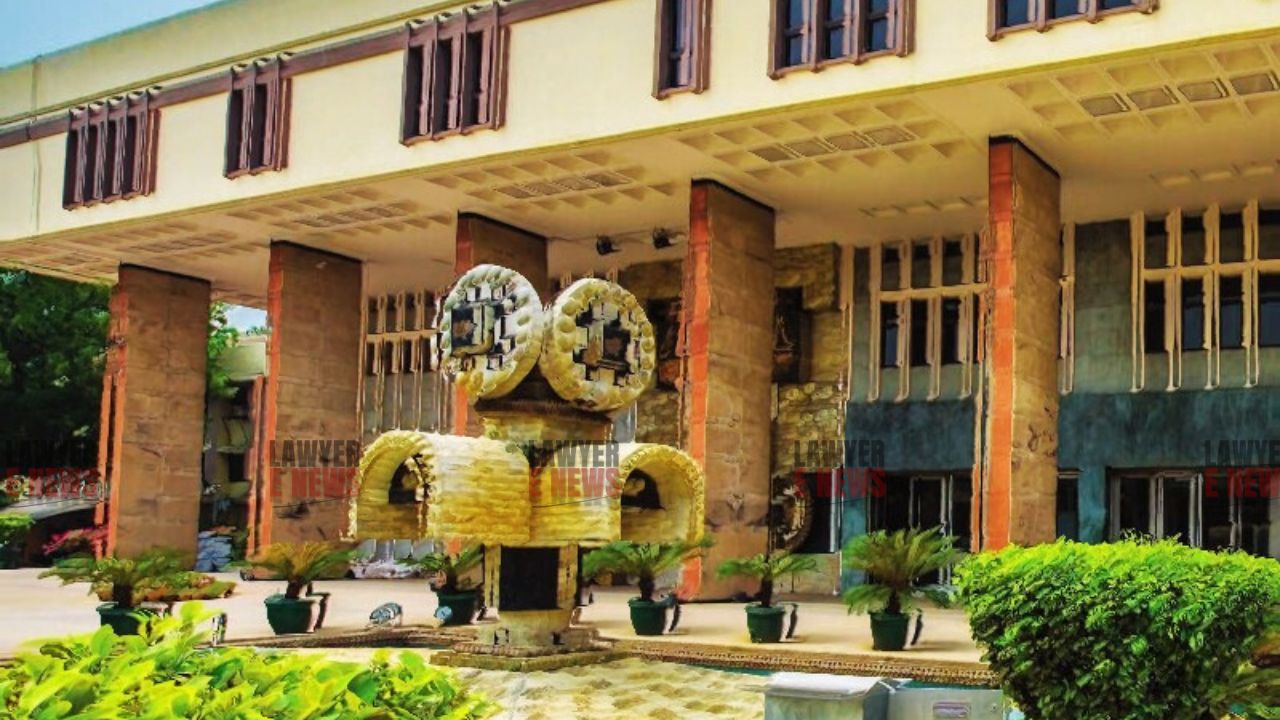-
by Admin
15 February 2026 5:35 AM



Delhi High Court ruled on the appeal in Amrit Pal Kaur & Others vs. Harcharan Singh Josh, affirming the lower court’s judgment which decreed possession of a portion of the disputed property in favor of the plaintiff. The key issue revolved around whether a co-owner could claim exclusive possession without seeking a formal partition. The Court held that the plaintiff, Harcharan Singh Josh, was entitled to possession of the front portion of the property based on an oral family settlement and constructive possession.
The dispute pertained to a property located at C-1/10, Ashok Vihar, Phase-II, Delhi, co-owned by the plaintiff and his younger brother, late Surender Singh. The plaintiff asserted that after purchasing the property through an auction in 1972, he allowed his brother to be recorded as a co-owner out of love and affection. In 1981, following a family settlement, it was agreed that the plaintiff would possess the front portion of the property (marked in red), while Surender Singh's family would occupy the rear portion. The plaintiff sought possession of the front portion after the defendants allegedly trespassed into it following the death of a family member.
The defendants contended that without a formal partition suit, the plaintiff could not claim possession of a specific portion of the co-owned property. They argued that every co-owner has an undivided share in the whole property until separated by metes and bounds.
The defendants denied the existence of any valid partition or settlement and challenged the shifting narratives presented by the plaintiff regarding the alleged division of the property.
The Court observed that the suit property was jointly owned by the plaintiff and Surender Singh, as evidenced by the perpetual lease deed. However, the Court found that the oral family settlement in 1981, which divided the property between the two brothers, was valid. Despite not being formally recorded, the oral settlement was corroborated by witnesses and consistent testimony, including the fact that the property was built with two distinct portions.
The Court further held that a suit for possession could be maintained without a formal partition if the facts demonstrated that the parties had divided their portions based on mutual understanding. The Court cited H. Vasanthi v. A. Santha, where the Supreme Court upheld oral partitions in similar family disputes.
The Court rejected the defendants' argument that a possession suit without partition was not maintainable. It held that the property, being a leasehold from the Delhi Development Authority (DDA), could not be formally partitioned under the terms of the lease. However, the oral family settlement provided a sufficient basis for the division of possession.
The Court found that the plaintiff had established the existence of a family arrangement wherein he occupied the front portion of the property. The testimony of witnesses, particularly PW-2 (Ujjagar Singh), corroborated the plaintiff's claims. The defendants’ failure to disprove the oral settlement further strengthened the plaintiff's case.
The Court noted that the plaintiff retained constructive possession of the property, as evidenced by his continued involvement in paying property taxes and maintaining utilities. The keys to a family almirah, found in the front portion of the property, were also held by the plaintiff, indicating his control over the disputed portion.
The trial court's award of Rs. 5,000 per month as damages from the date of the application (March 19, 2007) until the decree was upheld. The Court also affirmed the imposition of Rs. 10,000 per month as damages if the defendants failed to vacate within the stipulated period.
The Delhi High Court upheld the plaintiff’s right to possession based on the oral family settlement and rejected the need for a formal partition suit. The appeal was dismissed, and the defendants were ordered to vacate the front portion of the property. The Court also imposed litigation costs on the defendants.
Date of decision: 14/10/2024
Amrit Pal Kaur & Others vs. Harcharan Singh Josh.
